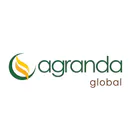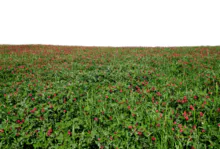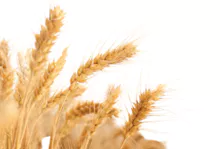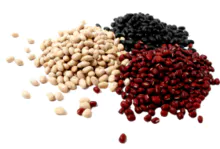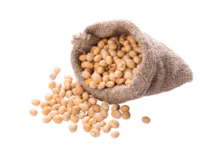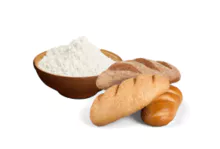More about
Agranda Global
0-10
Employees
500K - 1M
Sales volume (USD)
30%
% Export sales
Year
Established
Business type
- Industry / Manufacturer
- Representative / Agent
- Distributor / Wholesaler
Keywords
- seeds
- food
- sugar
- coffee
- grains
- rice
- beans
- soybeans
- corn
- Agranda Global Ver Mais
Contact and location
-
Juliana ********
-
+55 16********
-
Ribeirão Preto / SP | Brazil


